Projets
Five-Year Plan for Forest Research and Outreach
The Five-Year Plan for Forest Research and Outreach binds the DNF (SPW ARNE) to three scientific research partners (UCLouvain, ULiège, and CRAW) and one partner in outreach, training, and communication (Forêt.Nature) since 1999.
- Organizing priority research actions in the Walloon Region
- Facilitating the transfer of knowledge to stakeholders in the forest-wood sector


CCF Convention and DNF Pro Silva Circular
Forêt.Nature has been the DNF's reference partner since 2013 for disseminating and implementing the "CCF/Pro Silva" circular, as well as providing technical support to agents in their field issues.
- Support for Irregular Thinning
- Training modules
- Technical support in situations of obstruction
- Capitalization of on-field experiences
Forest MoocForChange
Creation of the first trilingual international MOOC on CCF, aiming to improve the level of information, knowledge, and skills of forest managers and owners in CCF, impacting their practices for adaptive forest management in the face of climate change challenges.



fichierecologique.be
The Ecological File of Species was updated in 2017 in terms of scientific knowledge and the design of the tool itself by choosing data computerization for enhanced and facilitated use.
This fundamental work was successfully carried out through the Forest Research and Outreach Framework Agreement and the research teams of ULiege - GxABT and UCLouvain under the coordination of Forêt.Nature. The computer application was then conceived and implemented by Forêt.Nature with specific funding from the Walloon Region. This funding also allows continuous professional development of DNF agents for its use based on the modules "initiation, pedology, indicator flora, and integrated tools."
A collaboration between researchers and field managers, it is based on extensive bibliographic research adapted to the Walloon context through a working group composed of scientists and foresters. This tool advocates for a multifunctional and resilient forest in the face of climate change. The web format facilitates user adoption and guides them towards the best adaptation between species and stations.
fichierecologique.lu
fichierecologique.lu was launched in February 2022. Inspired by the Walloon tool and resulting from research conducted by the scientific teams of UCLouvain and ULiège-GxABT on one hand, and the design and development work on the other, fichierecologique.lu is freely available to all interested Luxembourgish managers and owners via a web application. The tool is based on a series of mapped information to determine which species are best suited to the constraints of the terrain. Since the soil map does not cover the entire territory of the Grand Duchy of Luxembourg, the tool innovates by using artificial intelligence to assess the availability of water and mineral elements in these soils.
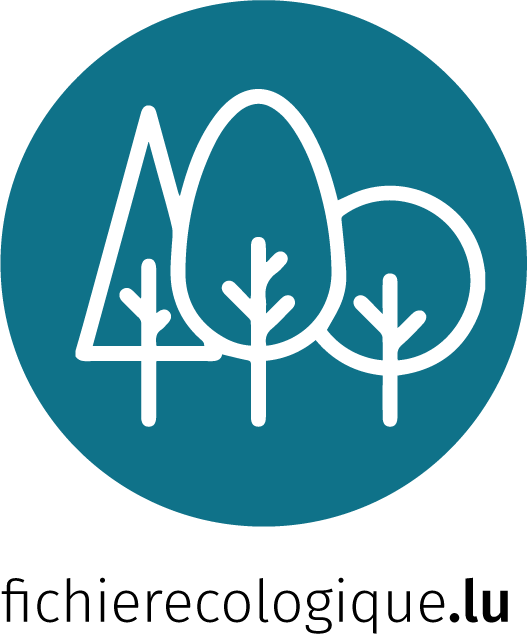

Biodiversity Edges
The benefits of structured and diversified forest edges for biodiversity and forest management have been demonstrated many times. However, such edges remain extremely rare in Wallonia. The potential for developing internal or external edges is significant.
The overall objective of the project is to provide a proposal for an action plan for the development of structured and diversified forest edges based on mapping potential edges on WalOnMap.
The project is structured into complementary work packages:
- Identification of barriers and drivers to the installation of edges.
- Mapping of potential priority areas for the development of edges.
- Edgeoscope.
- Monitoring
- Proposal for an action plan.
Deadwood 4 forests
Deadwood is a key resource for approximately 30% of the species living in the forest, playing a crucial role in the carbon and nutrient cycles essential for forest regeneration and enhancing the resilience and robustness of forests to global changes. Walloon forests consistently exhibit a significant recurring deficit in deadwood, which can be attributed to a negative perception of deadwood, limited awareness of its importance, and the benefits it provides in the medium and long term.
The DW4F project aims to: 1. Synthesize knowledge on the biological significance of deadwood in and for production forests, particularly to enhance forest regeneration. 2. Analyze the status of the deadwood resource and perceptions. 3. Propose a deployment strategy. 4. Create a map of areas with high edge potential. 5. Develop technical routes and content for training stakeholders in the wood sector.
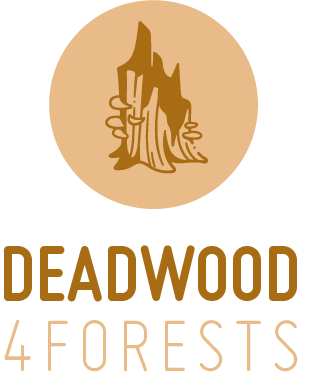

Iskforclimate
The Iskforclimate project will allow the Forêt.Nature team to meet foresters from across Europe to discuss ways of adapting forests to climate change.
In total, 30 international exchange trips will:
- further strengthen Forêt.Nature’s technical expertise
- enable us to adapt and enrich our training programme
- help to intensify international cooperation with a view to capitalising on existing knowledge and experiences.

EPIFOR


ASKAFOR
The Askafor project aims to reduce barriers to the development of Continuous Cover Forestry (CCF) to increase forest areas managed according to this silviculture, integrating the environmental, economic, and social functions of the forest.
- Capitalization of practices and knowledge in an international reference framework
- Dissemination of knowledge through technical training and educational tools
- Establishment of an international network of reference forests and test plots
- Scientific research actions, including adapting a simulator to the evolution of CCF-managed forests, technical renewal guides, and a sociological study to identify barriers to the development of this innovative silviculture.

Resilient Forest
Launched by Minister Céline Tellier, responsible for Environment and Forests, the "Resilient Forest" project aims to encourage forest owners to rethink their management to regenerate their forests and guide them towards a more resilient forest to climate change. The project's management is handled by the Walloon Wood Economic Office.
Forêt.Nature takes charge of:
- Creation and updating of the website foretresiliente.be and social media campaign
- Technical videos and promotion of the aid scheme for private owners
- Technical support for resilient forest/mixed forest: webinars, field days
- Outreach and communication on technical and administrative aspects of the call for projects.
- Creation of visual materials: brochures, explanatory booklets, booth branding
- Press and specialized private forest partners outreach.

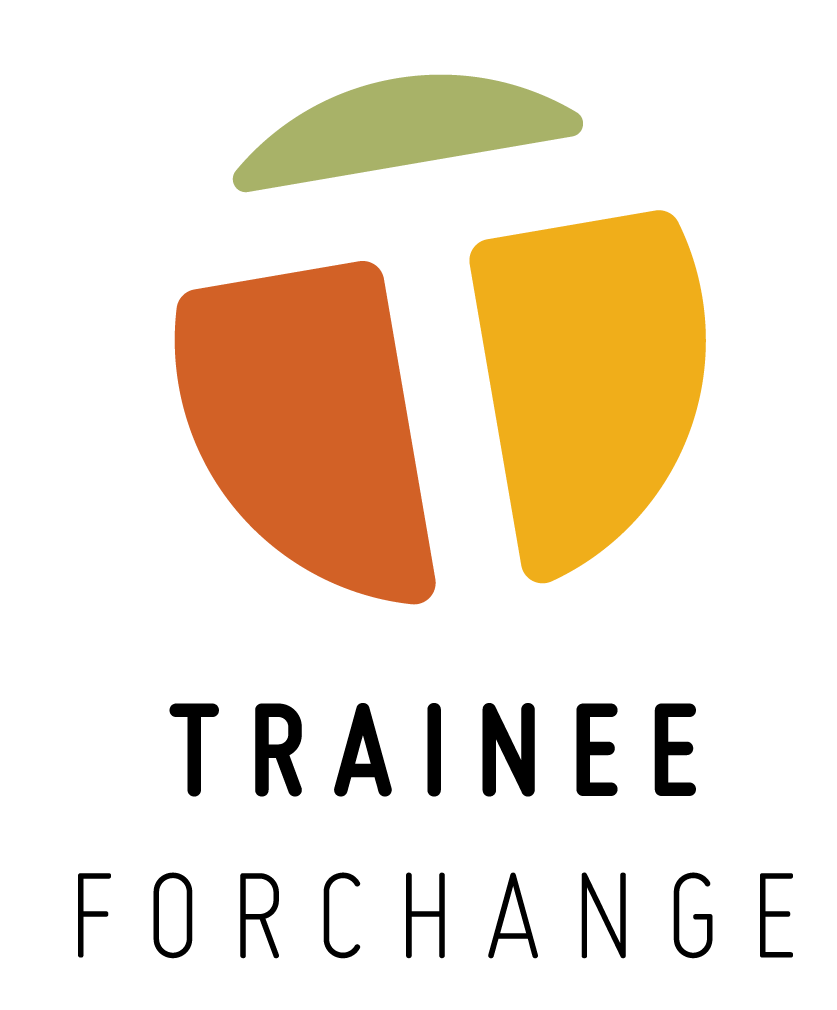
TraineeForChange

ForestChange
This project is the result of the mobilization of our team as a change agent for mixed-age and mixed-species forests. It is a secure fundraising platform to finance actions and change actors.

Nos anciens projets
Closed Projects
Convention for the Implementation of the DNF Pro Silva Circular 2013-2022
Forêt.Nature partnered with the DNF to disseminate and implement the Pro Silva Circular application and provide on-the-ground support to agents.


Convention for the Design and Implementation of fichierecologique.be 2016-2022
The Ecological File of Species, after more than 25 years of use, was updated in 2017 in terms of scientific knowledge and tool design. This update involved choosing data computerization for enhanced and facilitated use.
This fundamental work was successfully carried out through the Forest Research and Outreach Framework Agreement and the research teams of ULiege - GxABT and UCLouvain under the coordination of Forêt.Nature. The computer application was then conceived and implemented by Forêt.Nature with specific funding from the Walloon Region. This funding also allows continuous professional development of DNF agents for its use based on the modules "initiation, pedology, indicator flora, and integrated tools."
A collaboration between researchers and field managers, it is based on extensive bibliographic research adapted to the Walloon context through a working group composed of scientists and foresters. This tool advocates for a multifunctional and resilient forest in the face of climate change. The web format facilitates user adoption and guides them towards the best adaptation between species and stations.
Five-Year Plan for Forest Research and Outreach 1999-2019
The Five-Year Plan for Forest Research and Outreach binds the DNF (SPW ARNE) to three scientific research partners (UCLouvain, ULiège, and CRAW) and one partner in outreach, training, and communication (Forêt.Nature) since 1999.


ISKFOR
The Iskfor project is a European Union Erasmus+ project that contributes to the continuous strengthening of Forêt.Nature's technical expertise in resilient forest ecosystem management.
Sur une durée de 3 ans, les membres de l’équipe de Forêt.Nature ont réalisés 35 missions d’étude à la rencontre d’acteurs de référence en matière de gestion résiliente des forêts (SMCC) et de gestion du loup.
The project aims to:
- Strengthen technical and pedagogical knowledge to further enhance the team's technical expertise.
- Improve the training provided by Forêt.Nature.
- Capitalize on bibliographic references related to sustainable forest management.
- Strengthen ties with a network of international partners.

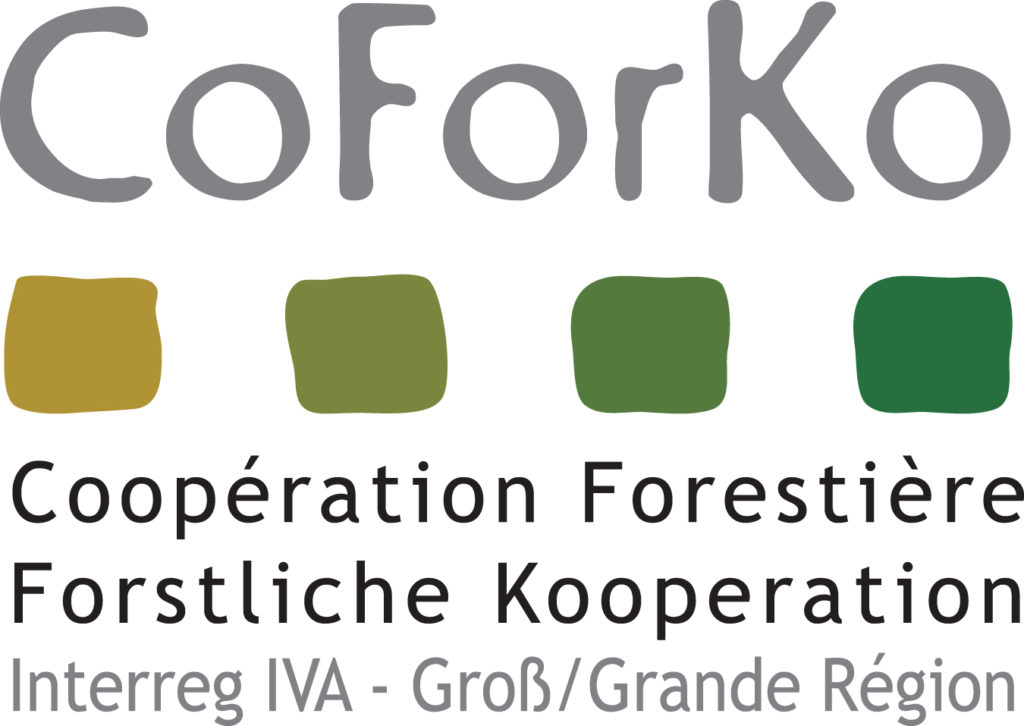
CoForKo
CoForKo, or "Coopération Forestière – Forstliche Kooperation," is an Interreg IVA Greater Region project that lasted three years from early 2009 to late 2011. It focused on tree silviculture and the valorization of their products.
The project included the drafting and distribution of the brochure "Synthèse des méthodes d’irrégularisation des pessières pour la Wallonie" (Synthesis of irregularization methods for spruces in Wallonia).« .
CooRensy
CooRenSy, or "Coopération pour un Renouveau Sylvicole," was an Interreg IIIA WLL project that took place from early 2005 to late 2007. It focused on irregular forest stands.
The project aimed to propose and implement a new approach to forest management on a significant surface area. The actions included mobilizing and disseminating knowledge, developing demonstration and reference sites, and providing training and practical applications.
Brochures were produced, including Synthèse de réflexions sur la sylviculture d’arbres-objectif en peuplement irrégulier ou équienne, mélangé ou non " and " Martelage en futaie irrégulière feuillue ou résineuse« .

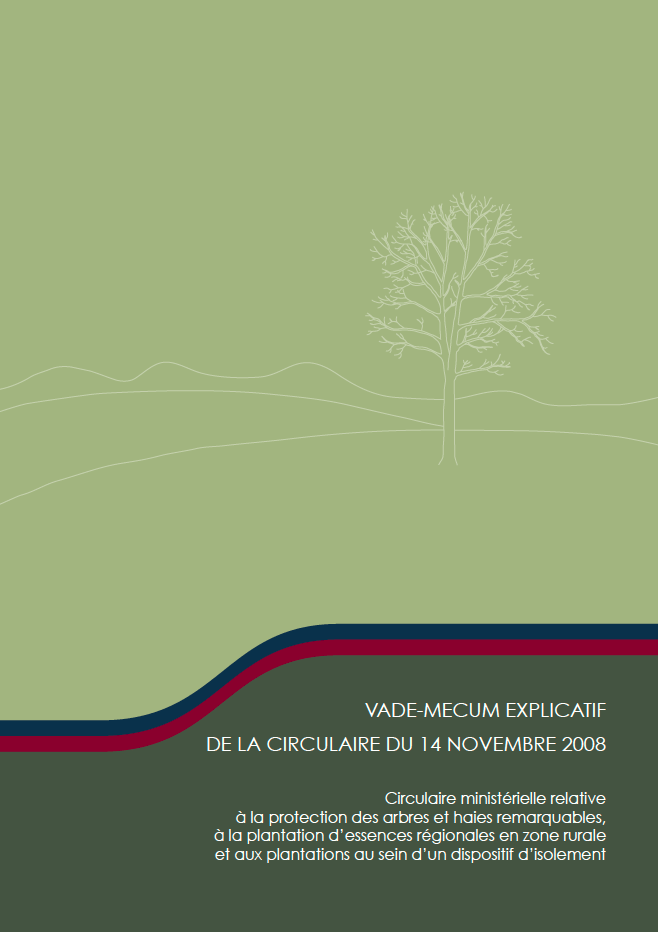
Mobilization and Sensitization for the Protection of Remarkable Trees and Hedges, Regional Species Planting in Rural Areas, and Planting within an Isolation Device
This project, funded by the Walloon Region and led by DGO4 and DGO3, took place from November 1, 2008, to December 31, 2009. It aimed to inform municipalities and raise public awareness regarding the ministerial circular of November 14, 2008, concerning the protection of remarkable trees and hedges, the planting of regional species in rural areas, and plantations within an isolation device, which came into effect on January 1, 2009.
A practical guide for the circular is available for download, and more information can be found on the DNF's website dedicated to remarkable trees and hedges.
Elaboration of Concrete Measures for Reducing the Impacts of Forest Exploitation
A brochure on logging compartmentalization was produced within the framework of several subsidies related to the development of gentle and alternative logging methods to preserve forest soils.
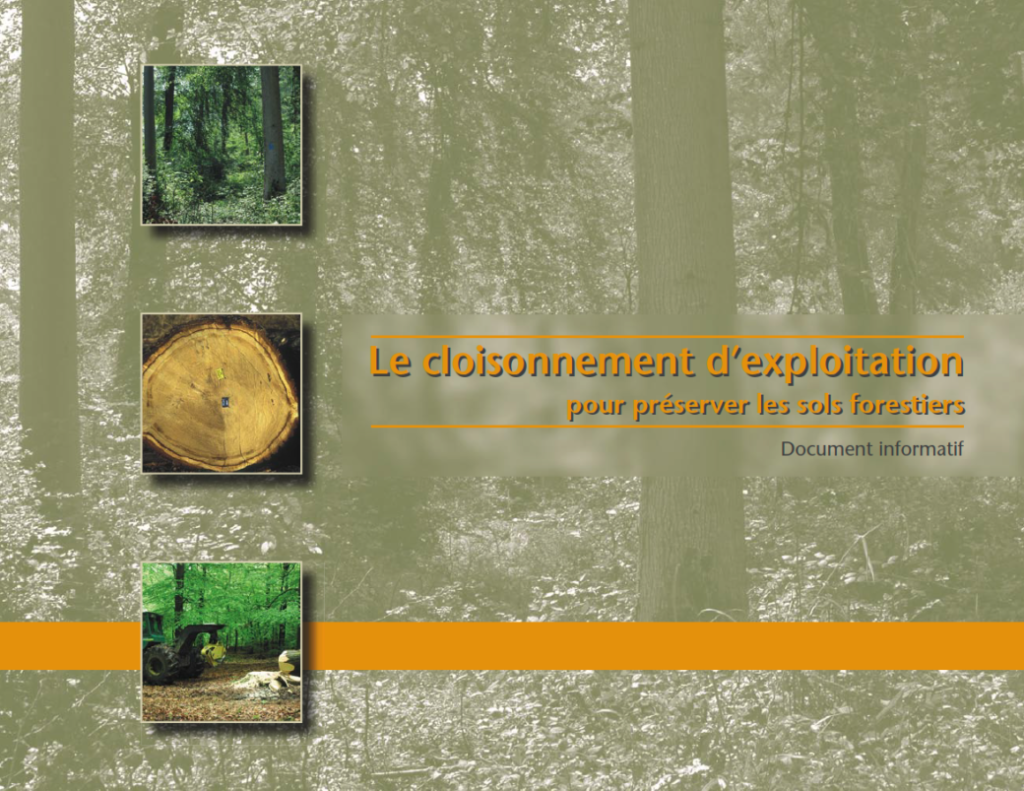

Guidelines Closer to Nature Forestry UE
Forêt.Nature was commissioned by Belgium to support the European Commission's DG Environment in drafting these guidelines.
Convention for Forest Outreach and Awareness
Targeted at managers, owners, schools, and the general public.
A brochure titled "La clé des bois" was created in collaboration with SRFB. It consists of activity sheets for children on the theme of the forest
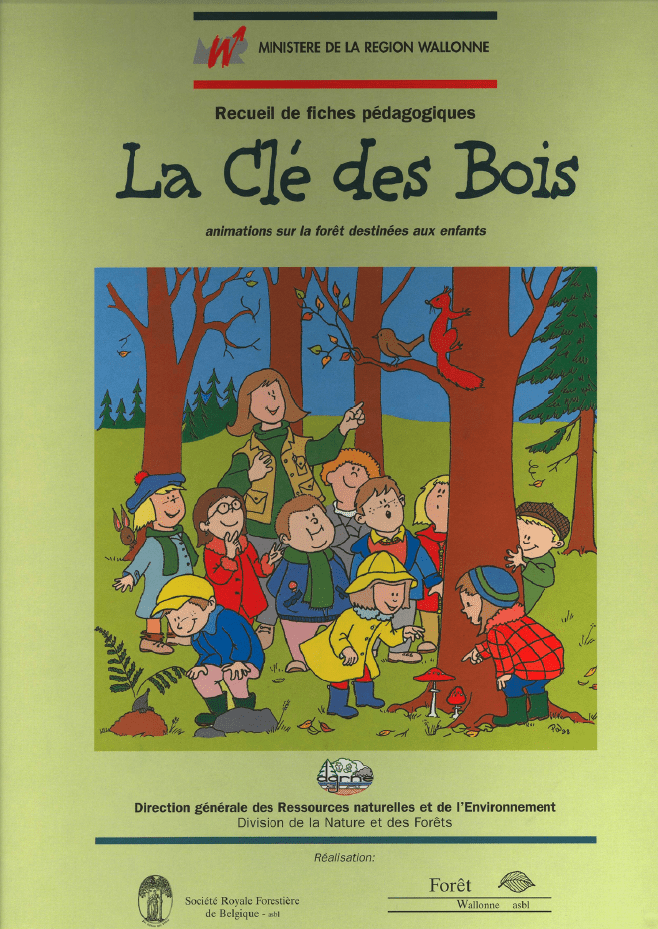
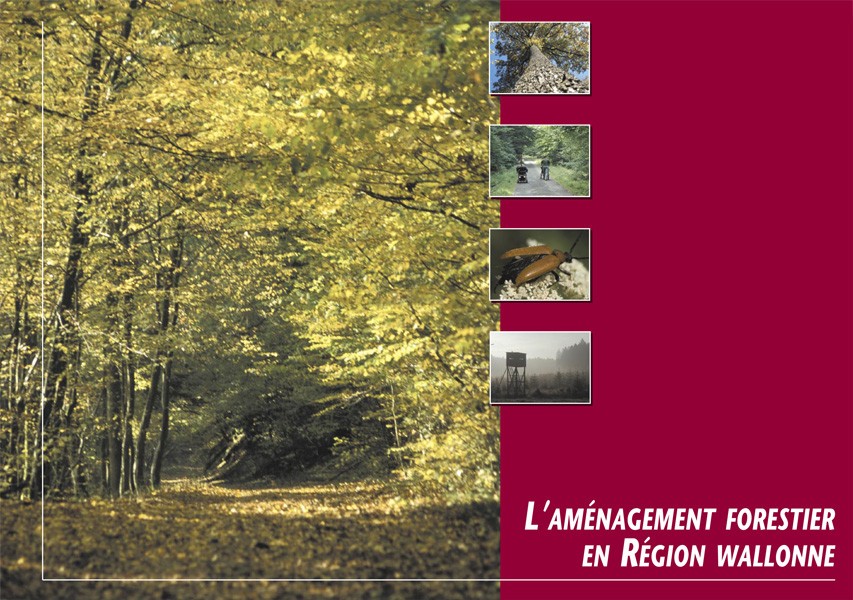
Convention for Forest Management in the Walloon Region
A convention was established for the creation of a brochure for the general public presenting forest management in the Walloon Region

